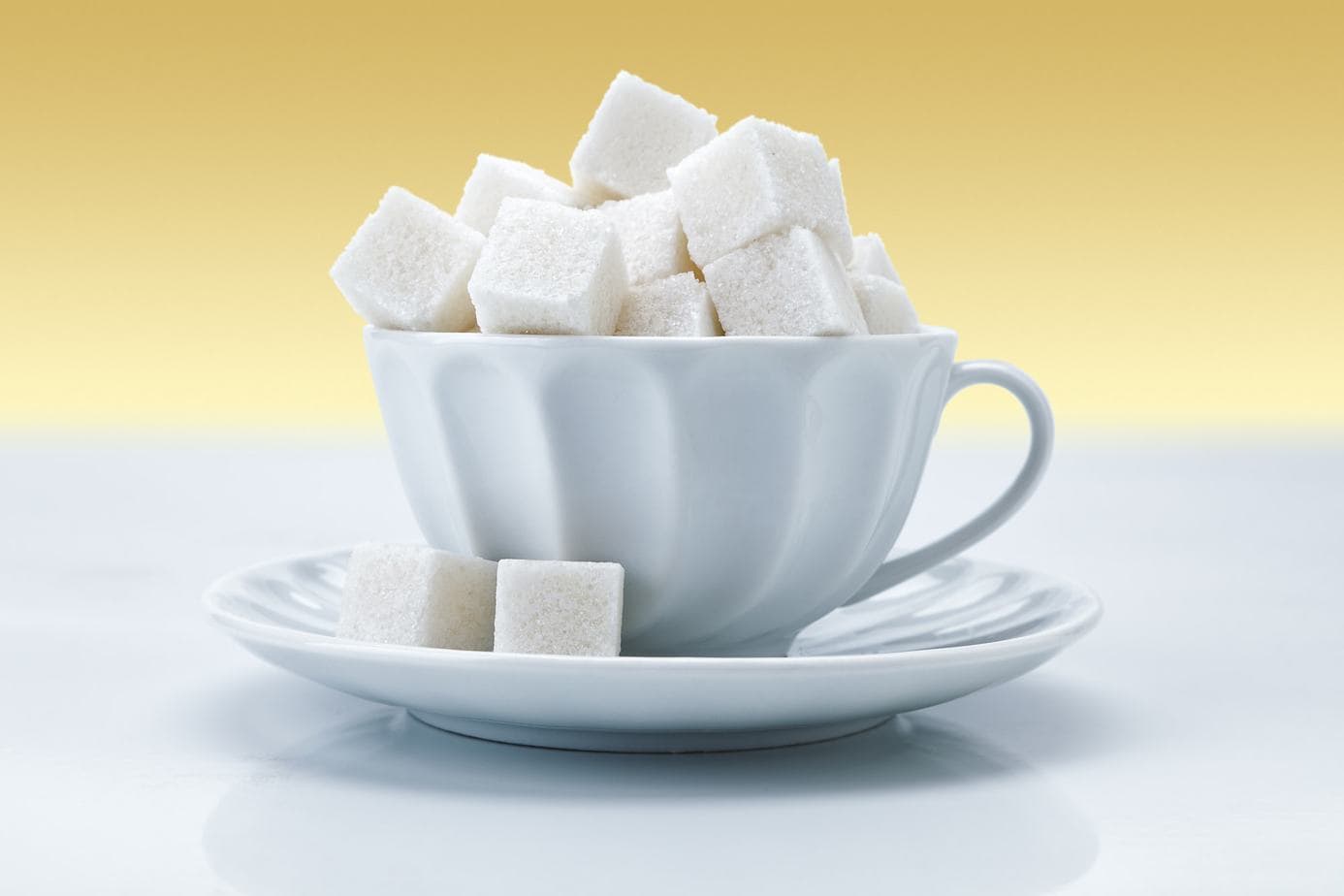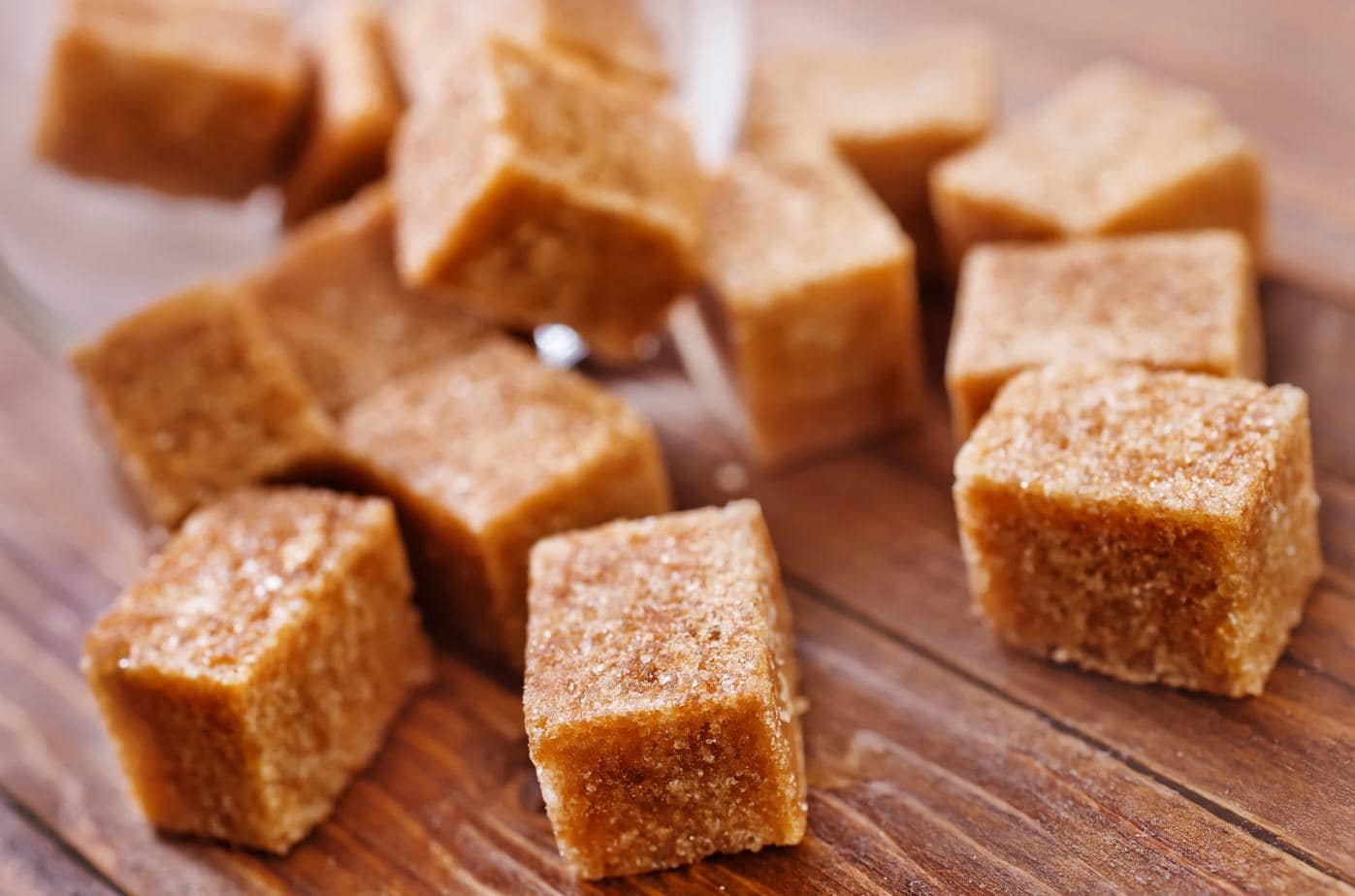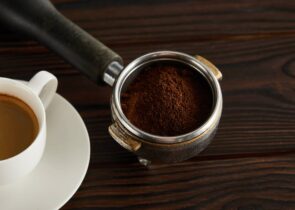Personally, a cup of coffee is a must-have before I start the day’s work. It helps me get through the day. If I haven’t had my cup of coffee, I am not ready to socialize or to do anything meaningful.
Typically, I drink my coffee with white sugar. My taste buds love it. But only recently have I been open to trying out other forms of sweeteners for my coffee. No, I cannot take my coffee without sugar; I am not ready for that kind of commitment yet.
People who take their coffee black without any form of sugar are the real backbone of society. If you are a coffee connoisseur willing to try out other alternatives aside from regular sugar, this post is for you. Stevia, agave, molasses, maple syrup, xylitol, and maltose are some of the best sweeteners you can use for coffee. No artificial sweeteners here. Only natural sugars and natural flavors.
In this article, I will be answering various questions that have to do with sugars and sweeteners.
- Does taking coffee with sugar imply anything health-wise?
- Is white sugar better than brown sugar when making coffee?
- Is there a limit to the amount of sugar you can use in a cup of coffee?
- What is the best sugar for coffee for those on a diet?
- Has the perfect sugar for coffee been discovered yet?
- Is the sugar you’re taking meeting your needs?
Let’s talk about various sweeteners and try to come up with what works best for us. Putting your health needs in mind, I hope you can find the best sugar for your coffee from this post.
How Do We Get Sugar?
Natural sugar comes from refining juices from sugar beets or sugar cane. Regardless of what is used, the result is still sucrose. The processes are mostly similar. A major difference is that raw sugar has to be obtained from sugar cane and refined to give us our regular sugar. Sugar from sugar beets is just crystallized from the juice and good to go. It’s also a mortal enemy of health advocates because of its effects if used too often.
Making sugar from sugar cane is more environmentally friendly. The process generates fewer waste products and needs less energy – unlike sugar beets. In addition, most of the waste generated is recycled or used for other purposes.
There are three major natural forms of sugar you can use for coffee. They are raw sugar, white sugar, and brown sugar.
Raw or Turbinado Sugar
As the name implies, raw or turbinado sugar refers to minimally processed sugar. It is the golden unrefined form of brown sugar obtained from sugar cane juice. The manufacturer crystallizes the sugar cane juice, and the result is raw or turbinado sugar. It is minimally processed to ensure it is fit for consumption and contains a lot of molasses.
The sugar has a lighter taste than brown sugar but has a more coarse texture. One hundred grams of sugar contains 380 calories, which is not so different from the calorie count in white or brown sugar. There is no significant health benefit to consuming raw sugar. It would help if you modify your consumption.
You might also find out that turbinado is also called Muscovado and Demerara sugar. They are not exactly the same, but result from different levels of processing and can all be used for coffee.
White Sugar

White sugar, also known as table sugar, is your regular, everyday sugar that coffee drinkers are used to. It comes in cubed, granulated, or finely ground forms and is usually the main sweetener in coffee syrup. White sugar is sucrose, which is made up of one glucose and one fructose molecule. It comes from cane sugar or beet sugar. Raw sugar goes through a lot of refining, from the golden color to white sugar. Many manufacturers even use animal bone char in the processing of white sugar.
One hundred grams of white sugar gives you 387.2 calories. So, if you are on a diet, we recommend taking controlled portions of white sugar. This is if you cannot cut it off totally.
White sugar dissolves faster in hot water than brown sugar. It seldom has any effect on the natural taste or smell of the coffee. It only makes it sweeter. If you don’t want to taste anything else besides your strong coffee taste, white sugar is for you.
Brown Sugar

Commercial brown sugar is produced by adding molasses to white sugar. It has just ten calories less than white sugar and adds a distinct taste to the coffee. It also has less mineral content when compared to table sugar.
Although it has been said that brown sugar has more health benefits than white sugar, this has not been nutritionally proven. Therefore, if the nutritional value is important to you, use more of white sugar.
What Are the Best Sweeteners for Coffee?
Besides sugars, you can also use sweeteners for your coffee to build that classic flavor you love so much. Here are some types of sweeteners you should consider.
Stevia
We obtain stevia from the leaves of the plant species— Stevia rabaudiana. It is an herbal product that is also a natural sweetener and an excellent substitute for white or brown sugar. You should totally consider using stevia if you are on a weight loss journey and have a calorie goal each day, but still need your usual cup of sweet coffee. It is a calorie-free alternative to sugar extracted from plants and is found in many health food stores.
This makes stevia a better option if you are a coffee fan, as well as a vegetarian! It poses almost no threat to health, especially to those who have diabetes or any blood sugar-related diseases. It is also worth noting that moderation when using stevia is still vital. The sweet flavor of stevia comes from steviol glycoside molecules, which are 250-300 times sweeter than regular sugar.
The downside to using stevia is that it has an unpleasant aftertaste like some artificial flavors have. Do we want a sweetener with zero calories and a poor aftertaste? Will the calories win, or will it be the aftertaste? That is a decision you have to make.
Xylitol
Xylitol is another low-calorie sweetener. It is primarily extracted from corncobs and is a healthier choice than regular sugar. It is a beneficial alternative for those who are particular about controlling their sugar levels. It has a taste comparable to normal white sugar. The major difference is that xylitol contains fewer calories, but it is not entirely calorie-free.
Xylitol is also great for the teeth. It is an essential component of toothpaste. So, you can imagine all the good it does for your teeth. However, xylitol is harmful to your dogs. Therefore, do not give your dog xylitol under any circumstance.
Does xylitol meet your sugar needs for your coffee? With fewer calories than regular sugar, xylitol has little or no significant difference from white sugar.
Honey
Honey has a distinct flavor but can still be used for hot coffee. It might alter the smell of coffee and you’ll need some time to get used to it. Contrary to what many people think, honey contains more calories than sugar. Hence it should be used in moderation. Honey comes in different flavors, which depend on the type of flower the honey manufacturer lets his bees drink from.
There are other health benefits to enjoy from using liquid honey in coffee, though. It contains antioxidants that could lower the risks of contracting some diseases. But it’s not a good choice for people who need to regulate their caloric intake.
Maple Syrup
Maple syrup gives coffee such a delicious taste you won’t realize you are pumping yourself full of caffeine. It’s a nutritious natural alternative to sugar. It’s a simple syrup made from sugar maple tree sap. If you are familiar with syrup on your pancakes or waffles, it won’t be difficult to adjust to using maple syrup in your coffee to get that extra flavor.
Maple syrup has a lower glycemic index than sugar. This means it raises blood glucose levels slower than sugar would. It has a lot of the same benefits as honey. It contains vitamins and minerals. However, it still has high sugar content. Hence, it would help if you used it with care.
Agave
This is another plant-based coffee sweetener that you can use in place of white or brown sugar. It comes from blue agave plants, which are a genus of the Asparagaceae family. It is not calorie-free, but it contains small amounts of essential vitamins that are good for your body and has a sweet taste.
It’s shocking to know that agave has more calories than regular sugar. If you’re opting for agave, it is essential to use it in small amounts. Excessive use of agave has been shown to pose risks of obesity, tooth decay, heart disease, and diabetes.
Maltose
Maltose is also a type of sugar. It is a polysaccharide that consists of two molecules of glucose bound together. This is unlike sucrose. I would recommend using maltose if you want variety in your life — spice things up a little.
Too much of the fructose from the regular table sugar might have adverse effects, so switching to maltose might seem like a healthier option. But, keep in mind that too much of either of them might be unhealthy.
How Much Sugar or Sweetener Can I Use for My Coffee?
Some say sugar negates the effect of the caffeine in the coffee. However, it depends on the physiology of the individual. Coffee naturally has a bitter taste, and it is totally okay to add sugar to your coffee. Don’t let anyone make you feel bad for not drinking unsweetened black coffee.
The amount of sugar you can use for a cup of coffee depends on several things. First and foremost is your health. If the amount of sugar you are taking poses any significant health side effects, you should consider cutting it down.
Your lifestyle is also important. Intake of sugar is meant to be counterbalanced with physical activities. For example, if you sit behind a desk for most hours during the day, you should probably consume less sugar in your coffee.
Some people may drink up to four or five cups of coffee in a day. If you are a sugar-in-coffee advocate like me, minimal use of coffee is advised. Take it easy on the calories. Please don’t overdo it.
Final Thoughts
There are different sugars or sweeteners you, as a coffee lover, can use for your coffee drink. Variety, when it comes to the best sugars for coffee, is the spice of life. Each of them has its benefits and downsides. Natural sugars help you avoid the artificial taste associated with manmade sweeteners. But heavy use is definitely not part of a healthy diet. Consider these things before you opt for any single choice. If you are not sure, ask your doctor or nutritionist – especially if you are being treated for any medical condition.







